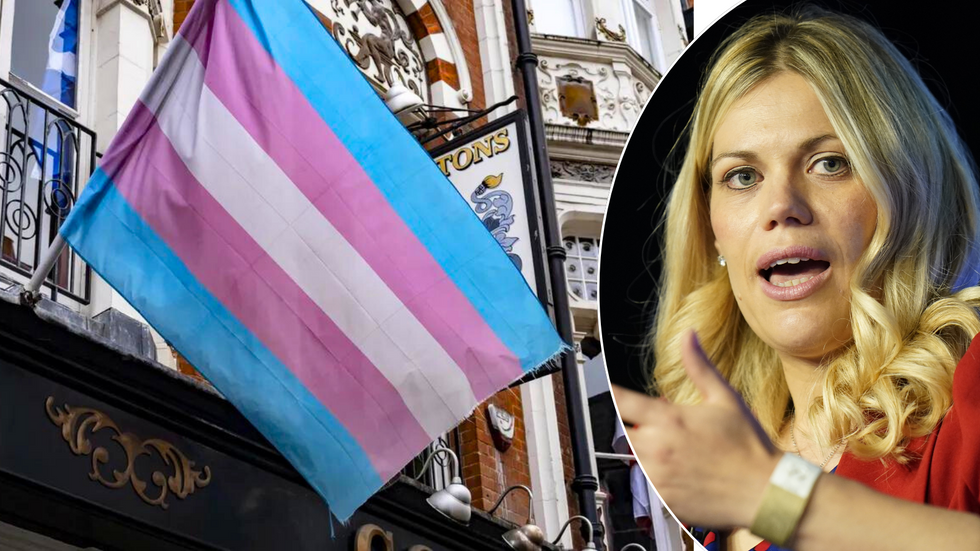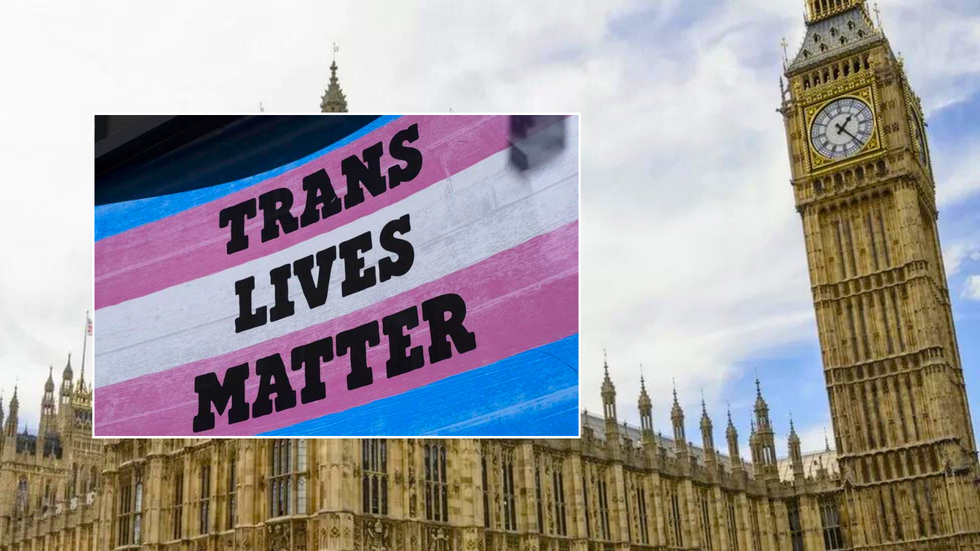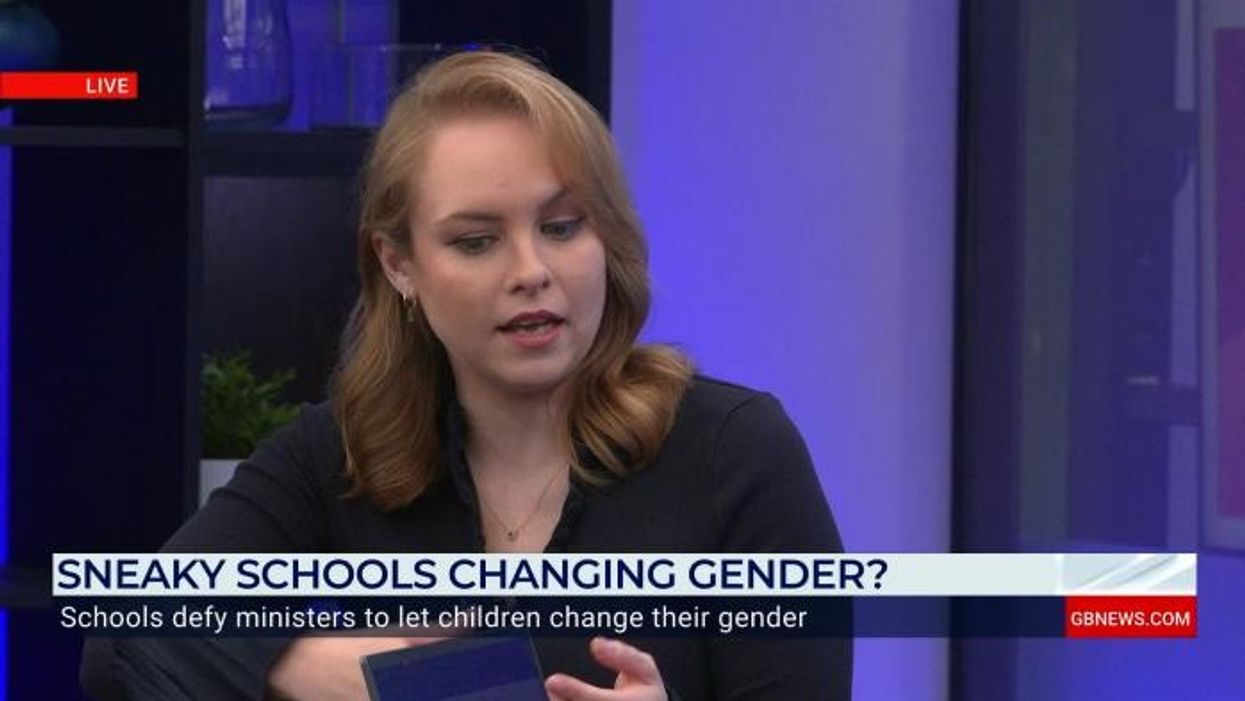Schools IGNORE national trans guidance and let pupils switch gender without parents' knowledge
Several school policies said children 'as young as five' could show signs of gender dysphoria, a study found
Don't Miss
Most Read
Trending on GB News
Primary school teachers have been told to let pupils change their gender without telling their parents, a groundbreaking survey has found, in direct contravention of UK Government guidelines.
An investigation into over 600 schools' transgender and equality policies found up to three quarters of those surveyed misrepresented sex and gender protection laws, while some were content to enforce gender-neutral rules like letting children decide which gender's toilets and changing rooms they wanted to use.
One trust, which comprises several Church of England primary schools, has advised teachers to help young girls use breast binders when out on school trips and let students sleep in bedrooms matching their chosen "gender identity".
The analysis, carried out by Protect and Teach - a network of women "protecting education from cult influence" who campaign on gender ideology in schools - focused on two counties in South-West England after research showed they had some of the highest rates of gender identity services referrals in the UK.

Miriam Cates MP called the results of Protect and Teach's research 'highly concerning'
Getty/PA
The investigation into more than 600 state schools across Devon and Cornwall found that 73 and 62 per cent respectively had been incorrectly representing British equality laws.
Several policies that Protect and Teach looked into said children "as young as five" could show signs of gender dysphoria, and biological sex was "assigned at birth, depending on the appearance of the infant", while one grammar school claimed sex was "a person's understanding and experience of their own gender identity".
The analysis said a litany of the school policies misrepresented the Equality Act - which lists nine characteristics protected from discrimination under law, including sex, sexual orientation and gender reassignment.
The most common error, the report found, was schools replacing the word "sex" with "gender" - which campaigners have said lessens protections on areas like single-sex spaces.
MORE TRANS OUTRAGE:

MPs and campaigners alike have called for the Government to enshrine the guidance in law, which would force schools to comply
Getty
Alongside the Equality Act, the guidance to kids runs against "parent first" Government rules published at the end of last year, which a Whitehall source told the Telegraph meant "there should effectively now be a presumption against social transitioning in schools".
The source added the new guidelines, which state that parents must be involved in children's gender decisions, would introduce "much-needed certainty and protection to teachers and pupils so they will no longer feel forced to use different pronouns for gender-questioning children, and won’t face a sanction for not doing so".
In the aftermath of the report's publication, MPs and campaigners alike have called for the Government to enshrine the guidance in law, which would force schools to comply.
Miriam Cates MP - herself a former teacher - said: "This research is highly concerning as it shows that a significant proportion of schools still have policies that are consistent with neither the law nor safeguarding.
"To keep children safe, adults must always know and be truthful about whether a child is male or female, and any policy that allows or encourages teachers to 'transition' children is clearly wrong.
"Too many schools have swallowed activist interpretations of the Equality Act by falsely stating that 'gender identity' is a protected characteristic, which it is not."
A Department for Education spokesman said: "We are absolutely clear about the importance of biological sex, particularly in the context of safeguarding, and the role parents must play in decisions about their children.
"Schools and colleges are expected to follow all guidance issued by the Government, whether it is statutory or not... Our guidance is clear that in nearly every case schools should not support the social transition of primary aged children, including not using pronouns that do not align with the child’s sex."









